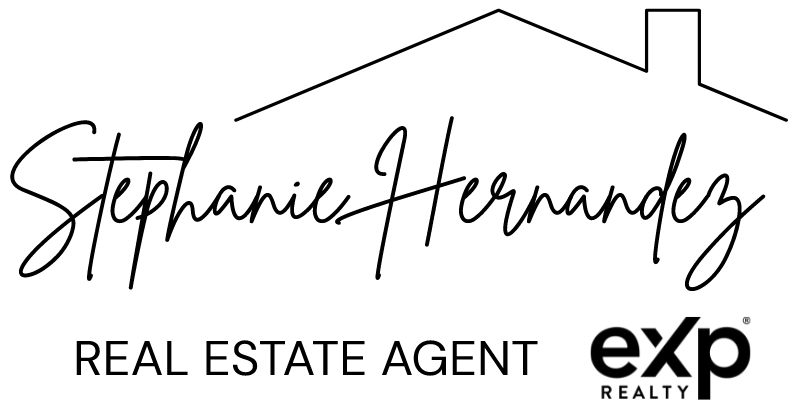Understanding the Hidden Costs of Buying Home
Congratulations on taking the exciting step of becoming a homeowner! While you've likely focused on securing a mortgage and finding your dream home, there's another significant expense to consider: closing costs. These fees, often overlooked, can add up quickly and surprise unsuspecting buyers.
In this blog post, we'll break down the essential components of closing costs, provide tips for budgeting, and share strategies for potentially reducing these expenses.
What are Closing Costs?
Closing costs are various fees associated with finalizing a real estate transaction. They are typically paid at the closing table, along with your down payment. While the exact amount can vary depending on several factors, including location, property type, and lender, closing costs generally range from 2% to 5% of the purchase price.
Common Closing Costs
Here are some of the most common closing costs you may encounter:
Loan Origination Fees: These fees cover the lender's administrative costs for processing your mortgage loan.
Appraisal Fee: This fee is charged for the professional appraisal of the property to determine its market value.
Title Search and Insurance: This fee covers the cost of researching the property's ownership history and ensuring a clear title. Title insurance protects you against potential title claims or defects.
Attorney Fees: If you use a real estate attorney, you'll need to pay legal fees for reviewing documents and representing your interests.
Property Taxes: You'll typically pay a portion of the property taxes for the current year at closing.
Homeowners Insurance: You'll need to provide proof of homeowners insurance before closing, and you may pay a portion of the premium upfront.
Recording Fees: These fees cover the cost of recording the deed and mortgage in the county's public records.
Private Mortgage Insurance (PMI): If you're making a down payment of less than 20%, you may be required to pay PMI, which protects the lender in case of default.
Tips for Managing Closing Costs
Budget Wisely: Factor closing costs into your overall budget. Aim to save 5% of the purchase price on top of your down payment.
Shop Around for Lenders: Different lenders have varying fees. Compare rates, terms, and closing costs to find the best deal.
Negotiate with the Seller: In a competitive market, consider negotiating with the seller to have them cover a portion of your closing costs.
Consider Seller Concessions: Explore other seller concessions, such as paying for certain repairs or upgrades, to offset your closing costs.
Ask Your Real Estate Agent: Your real estate agent can provide valuable insights and help you navigate the closing process.
While closing costs may seem daunting, understanding the components and employing effective strategies can help you manage them effectively. By budgeting wisely, shopping around for lenders, and negotiating with the seller, you can minimize the financial impact of closing costs and achieve your dream of homeownership.
Your Journey to Homeownership Starts Here
Remember, as your real estate agent, I'm here to guide you through every step of the homebuying process, including the often-overlooked closing costs.
Don't hesitate to ask me any questions you may have about these fees or anything else related to your home purchase. I'm committed to ensuring a smooth and stress-free transaction, so you can focus on the excitement of owning your new home.
Contact us today at realtor@stephaniehernandez.com and Schedule a consultation now!


